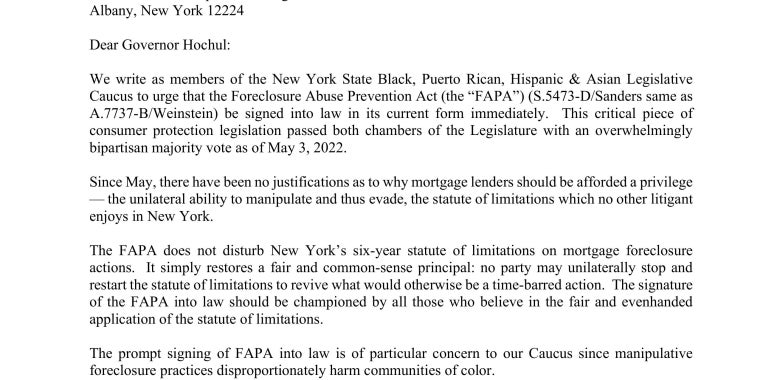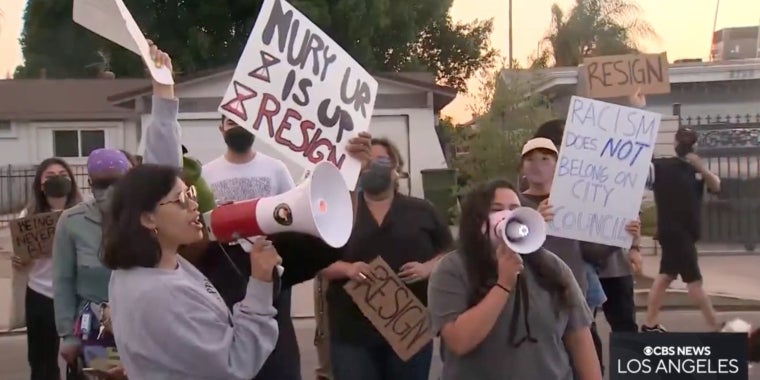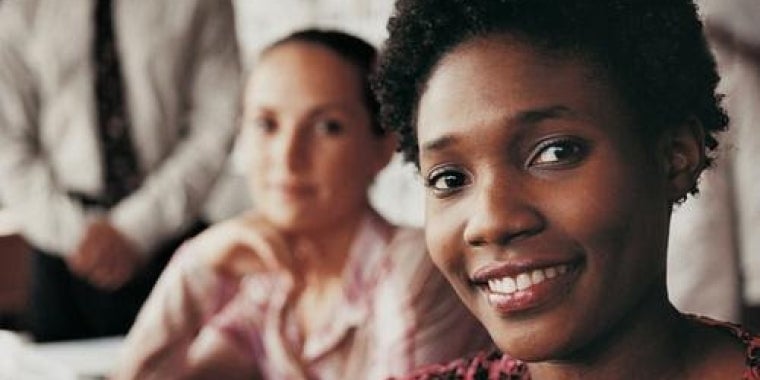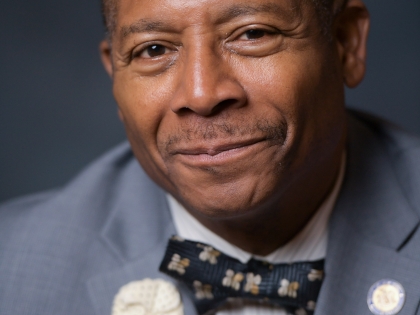
JCRC's David Pollock Shares Anti-Terror Tips and Explains How to Apply for Security Grants at Sanders' Clergy Breakfast
October 6, 2015
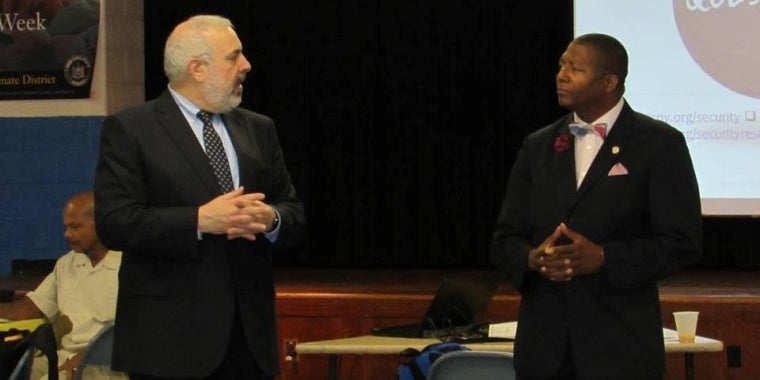
Making your house of worship safe doesn't have to be a daunting task or an expensive one; taking anti-terror measures will be part of a culture of change as people adapt to the reality of their new world - one that now includes church bombings, shootings and other acts of violence - that was the main message conveyed by the JCRC's David Pollock at this month's clergy breakfast hosted by State Senator James Sanders Jr. (D-Rochdale Village) on September 25th.
Pollock is the Associate Executive Director and Director of Public Policy at the Jewish Community Relations Council of New York, a pro-active central coordinating and resource organization for the Jewish community in the New York metropolitan area.
"We live in a changing world, and in a lot of ways, the changes are not good," Pollock said. "You can be a target. We have to think about, not only doing the right thing, giving pastoral counseling, giving psychological first aid, and all of that, but our personal safety and the personal safety of everyone in our congregation."
During his presentation, Pollock explained that while houses of worship are supposed to be, by definition, welcoming places, clergy members can still embrace newcomers while also being cautious. Using the example of the recent South Carolina church shooting, Pollock noted that the gunman sat among the congregants for 45 minutes without being asked any questions. He suggested that starting a "welcoming conversation," could provide insight into why a stranger has come to a house of worship. One could ask the unknown person questions such as: How did you learn about us? Where do you usually worship? What is your favorite hymm? or Who is your pastor at home?
"We are in the people business," Pollock said. "As houses of worship, as churches, as synagogues, as mosques, we have to be warm and welcoming. People have to want to come into our houses. This is the Lord's house and people have to come here, but at the same time we have to make sure that everyone that comes into our house is safe and secure."
Other recommended safety measures Pollock recommended included locking doors and monitoring entrances; securing spaces that are unused, developing a policy so only authorized individuals are admitted to the building, while still welcoming everyone that should be welcomed; and being aware of when "something just doesn't look right."
Pollock also suggested contacting the NYPD Crime Prevention Unit and having them conduct a free security survey to identify weak points that need to be addressed. He added that applying for a non-profit security grant from the federal government could help cover the cost of safety equipment such as cameras and alarms, and explained the application process.
"In this room you will see many different faiths, this is a faith-based training," Sanders said. "It's not this group or that group, it's everybody, because this type of terror, attacks everybody."
Some 75 faith-based leaders of different denominations from across the 10th Senatorial District attended the two-hour event at St. Clement Pope Church in South Ozone Park. These training sessions are held by Senator Sanders every month, with a new topic each time, but always aimed at educating clergy and giving them the tools and information they need to help themselves and their congregations.
Share this Article or Press Release
Newsroom
Go to Newsroom